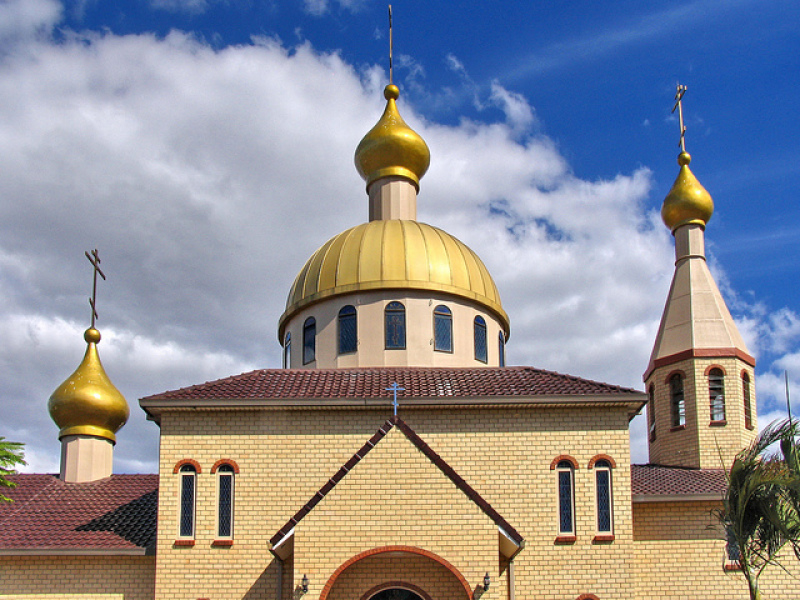
Russia's legislature has passed a set of draconian restrictions on evangelism and church, similar to the ones in the Communist Era, according to media reports.
Last month, the country's State Duma unanimously passed several anti-terrorism laws, which also seek to limit evangelism.
The new legislation will outlaw evangelism, teaching, preaching, and other religious activities outside Russian Orthodox Church.
The rules say that no one will be allowed to send emailed invitations to friends, and preaching the gospel in homes will be considered illegal. A government permit will be required to do any church-related activity, from evangelism to visiting sick people.
In private homes, worship and prayer will be allowed on a condition that no unbelievers are present among them.
If a member of a church is caught in any of these activities, not only the member but the entire church will be held responsible for that. So, if a church member talks about his faith to a stranger in bus, not only that individual but his church will also be punished.
Violations of anti-evangelism law carry up to $780 in fines for individuals, and $15,500 for an organization.
Limitations are imposed on foreigners coming to church as well. If any foreign visitor violates this law, he will face deportation to his country.
The bill will now move to President Vladimir Putin before they can be officially enforced.
The Protestant minority in Russia (about 1% of the population) is praying, fasting, and sending petitions to the President, according to reports.
The Barnabas Fund reported that even some senior members of the Russian Orthodox Church have expressed their concern over the bill.
Experts say that the bill is ambiguously worded, and may be used to create a repressive environment for Christians as in the days of Communism.
"It's very infamous provision of Soviet law they're basically re-enacting, and it's problematic because there's no legal clarity," Russia program director for HRW, Tanya Lokshina, told The Guardian.
The Advisory Council of Heads of Protestant Churches of Russia urged Putin to not sign the legislation.
Head of Protestant Churches of Russia, Sergei Ryakhovsky, and other evangelical leaders wrote a letter to Putin, which said: "Yarovaya's Law violate human rights and fundamental liberties with regard to religious freedom ... The obligation on every believer to have a special permit to spread his or her beliefs, as well as hand out religious literature and material outside of places of worship and used structures is not only absurd and offensive, but also creates the basis for mass persecution of believers for violating these provisions."


















